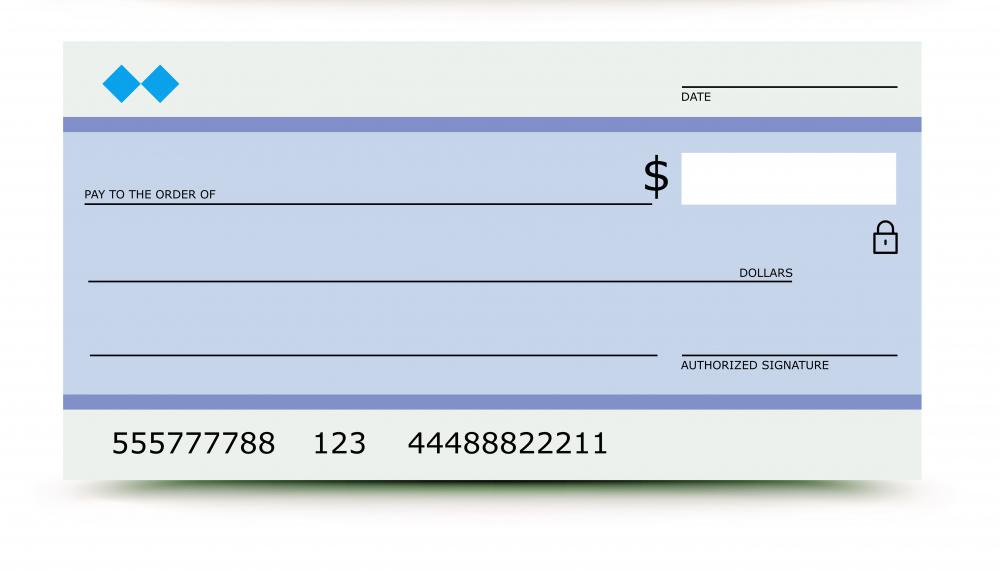At WiseGEEK, we're committed to delivering accurate, trustworthy information. Our expert-authored content is rigorously fact-checked and sourced from credible authorities. Discover how we uphold the highest standards in providing you with reliable knowledge.
Which Actions Put Me at a Fraud Risk?
There are three specific actions that increase your fraud risk: personality, gullibility, and risk tolerance. Fraud occurs when one person is tricked or deceived for the personal or financial gain of someone else. Everyone is at risk for being a victim of fraud, but these risks are affected by your choices and behavior.
A person who is extroverted, has an inflated level of self-confidence, and is outside their comfort zone has an increased fraud risk. Extroverted people enjoy interaction with others. They are outgoing, approachable and willingly share personal information with a wide range of people.

An inflated level of self-confidence can be perceived as bravado or boasting. People who feel the need to behave in this way refuse to acknowledge warning signs or messages from others. They are certain of their superior ability to read people and substitute their own judgment for the advice or experiences of others. This increases fraud risk, as they will continue to pursue a relationship or business proposal despite bad experiences or warning from other people.

The basis of most frauds is the chance for financial gain. There is a wide range of skill and confidence in financial and investment matters among the general public. Many people report a low comfort level with mathematics and finance, which increases their fraud risk. This scenario makes it relatively easy to manipulate people by using complex math, promising exaggerated returns on investments, and including many numerical values in any presentation or conversation.
Extroverted people are often willing to participate in a financial scheme based on the strength of a personal relationship, instead of an impersonal evaluation of the numbers. By gaining the person's trust, the fraudsters can manipulate the victim into providing funds. Victims of fraud often report a feeling that something was wrong with the proposal, but continued anyway, based on the relationship.
Gullibility is a person’s overall willingness to suspend his or her own evaluation of a situation in favor of someone else’s. An unwillingness to acknowledge poor judgment and mistakes increases the risk of being lied to or swindled again. People who are gullible have a decreased ability to evaluate their own level of responsibility and prefer to allow others to take control of a situation.
Risk tolerance is your personal comfort level with different levels of risk. A low risk tolerance is a trait associated with people who are unwilling to try new things or take chances. People with a high-risk tolerance believe in having a wide range of experiences and enjoy the thrill of the unknown. All fraud schemes are high-risk proposals that promise a greater rate of return than is possible from a traditional financial product.
AS FEATURED ON:
AS FEATURED ON:












Discuss this Article
Post your comments